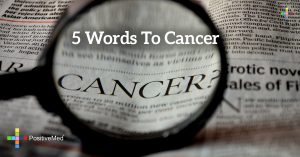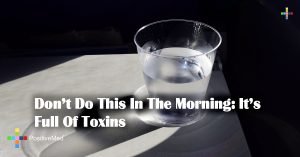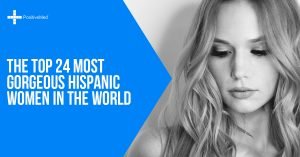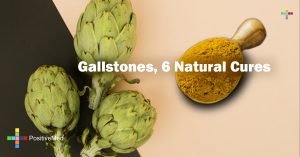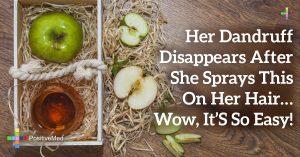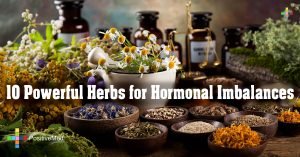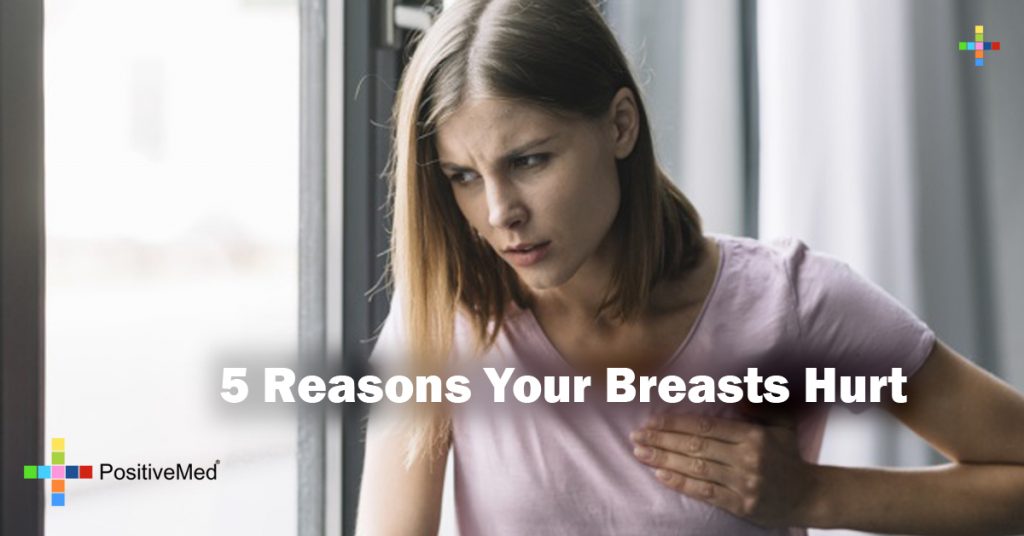
5 Reasons Your Breasts Hurt
Breast pain or soreness, technically called mastalgia, is not uncommon in women, especially in women under the age of 50. In most cases, mastalgia is not serious. For instance, sore breasts rarely indicate cancer. You should see your doctor, though, if you experience severe breast pain, if breast pain lasts for more than three weeks, or if you notice any new lumps in your breasts or changes in your nipples.
You should know that breast pain is rarely a sign of cancer and that in most cases, breast cancer is actually painless. That’s why it’s so important to do regular breast self exams, get breast exams done by a doctor, and have mammograms done regularly when you are over the age of 40.
The top 5 reasons women’s breasts hurt include:
• Hormonal changes related to your menstrual cycle. This is probably the most common reason women have sore breasts. Women often describe this type of breast pain as a feeling of heaviness or tenderness in both breasts. The soreness may radiate to your armpits. The pain is usually worse right before your period and goes away after your period is over. This type of breast pain is more common in younger women. It often disappears during pregnancy and goes away after menopause.

• Fibroadenomas. A fibroadenoma is a noncancerous tumor that sometimes develops in breast tisue. A fibroadenoma usually only causes pain in one breast and women often describe it as a sharp pain or burning sensation. If you have a fibroadenoma, you may be able to feel a lump in your breast or it may be discovered when you have breast exam done by a doctor or when you have a mammogram. A breast biopsy may be needed to make sure a breast lump is a fibroademona and not cancer. Fibroadenomas are most common in women in their late teens and early twenties.
• Cysts. Cysts are fluid-filled sacks that can develop in your breasts. They can cause pain similar to that caused by fibroadenomas. If you have a cyst in your breast, you may be able to feel a lump. Cysts sometimes go away on their own but you should see your doctor if you feel a lump to make sure it’s not something more serious. A breast biopsy may be necessary to make sure it’s just a cyst. Breast cysts usually occur in women under the age of 50.
• Breast size. Women with large breasts may experience pain or soreness in one or both breasts. It may feel like heaviness, tightness, tenderness or a sharp pain. Women experiencing breast pain due to the size of their breasts often have some pain in their necks, shoulders and backs, as well.
• Medications. Certain medications sometimes cause breasts to hurt, including birth control pills, some infertility treatments, hormone replacement therapy and some antidepressants, including Prozac and Zoloft. Talk to your doctor if you think your medication is making your breasts hurt. Don’t stop taking any medications, especially antidepressants, without talking with your doctor first.
